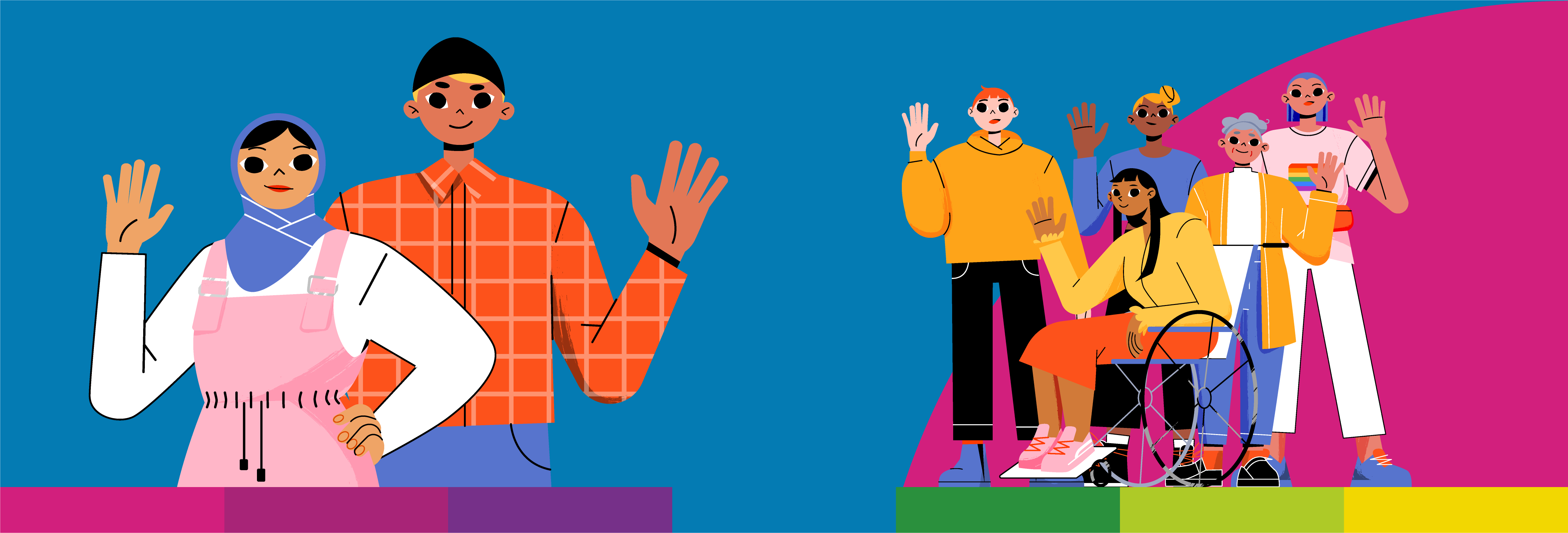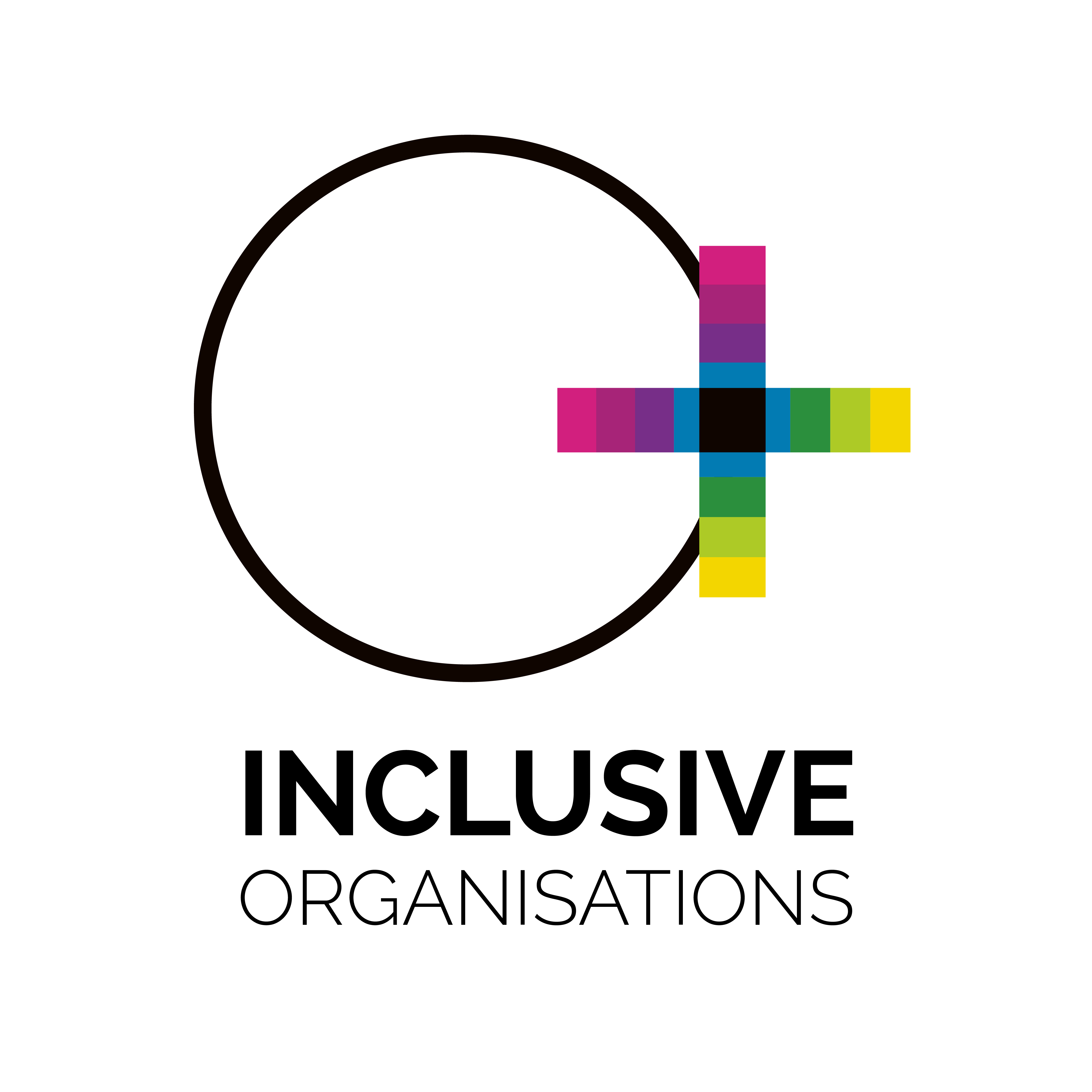
In order to start the process, it is important to know where you are starting from.
Therefore, a self assessment tool has been developed. It should help you to understand what you have already established and where you can still improve and develop.
If you can’t wait until the process starts, here’s a little taster with a quick online self-assessment.
Note: The questions refer to marginalised groups. This term refers to a group of people who are not part of the mainstream and affected by different systematic discrimination mechanisms. We have concentrated on eight groups: LGBTIQ+ youth, girls and young women, young Romanì and Travellers, Young people of colour, ethnic and religious minorities, young Muslims, young migrants, young people with disabilities as well as Youth at risk of poverty and social exclusion,
If you want to learn more, read about the inclusive organisations principles on our website.
The information about the self assessment tool can be found in the description of the project here.
Our suggestion is to start a guided process with a trainer of our project consortium to support


